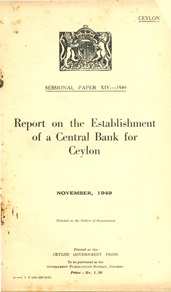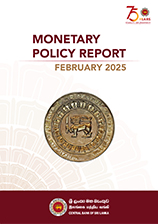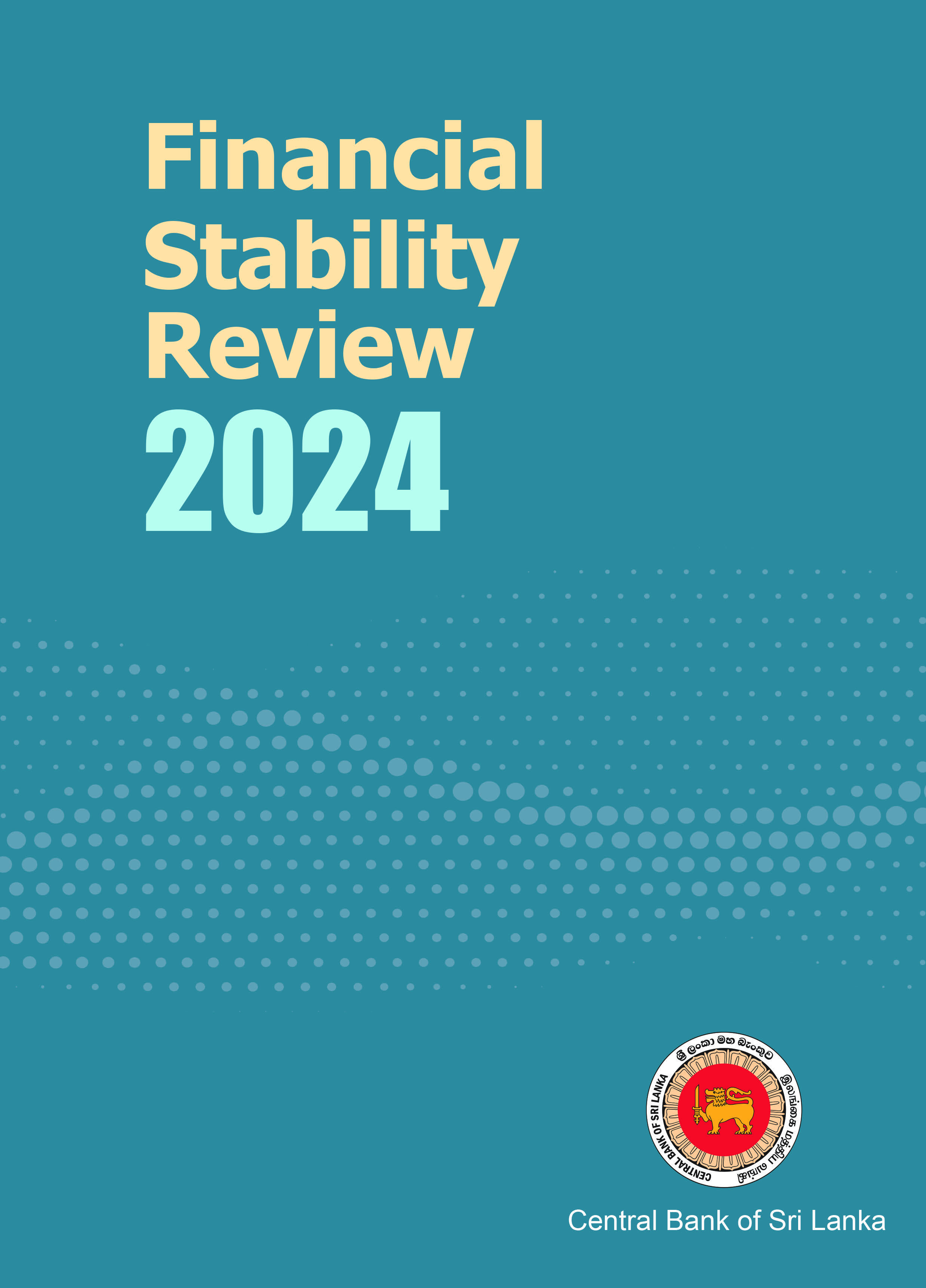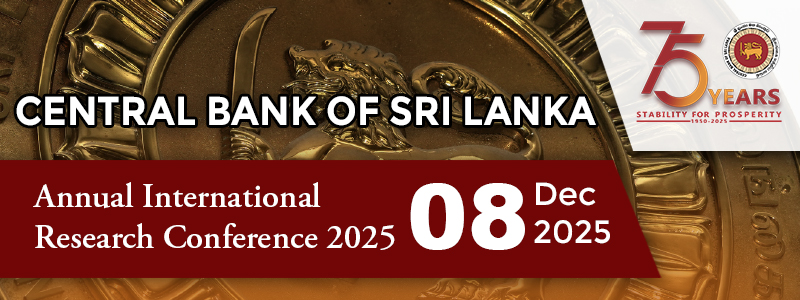The Central Bank of Sri Lanka (CBSL) is pleased to announce the appointment of Assistant Governor (AG) J P R Karunaratne as the Secretary to the Monetary Board (SMB) with effect from 15th September 2021.
AG J P R Karunaratne holds a Master of Commerce Degree in Finance from the University of New South Wales, Australia and a Postgraduate Diploma in Applied Statistics and a Bachelor of Science (Physical Science) Degree from the University of Colombo. He is a Fellow Member of the Chartered Institute of Management Accountants, UK and an Associate Member of the Certified Management Accountants (CMA) of Sri Lanka.

















 Mr. Ajith Nivard Cabraal assumed duties as the 16th Governor of the Central Bank of Sri Lanka on Wednesday, the 15th of September 2021 in Colombo. His appointment was made by His Excellency the President of the Democratic Socialist Republic of Sri Lanka Gotabaya Rajapaksa, according to the provisions of the Monetary Law Act No.58 of 1949. Accordingly, Mr. Cabraal will function as the Chairman of the Monetary Board of the Central Bank of Sri Lanka.
Mr. Ajith Nivard Cabraal assumed duties as the 16th Governor of the Central Bank of Sri Lanka on Wednesday, the 15th of September 2021 in Colombo. His appointment was made by His Excellency the President of the Democratic Socialist Republic of Sri Lanka Gotabaya Rajapaksa, according to the provisions of the Monetary Law Act No.58 of 1949. Accordingly, Mr. Cabraal will function as the Chairman of the Monetary Board of the Central Bank of Sri Lanka.